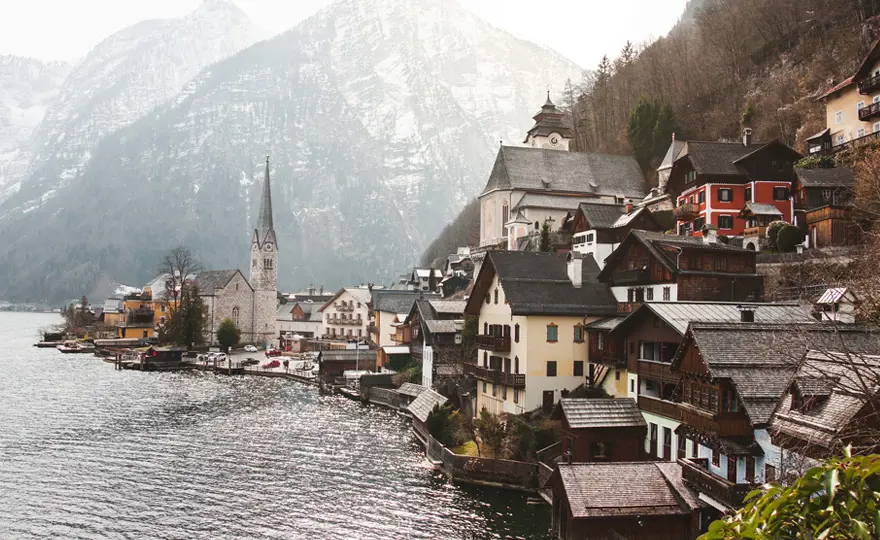ClientEarth Communications
5th January 2018


The Court of Justice ruled last month that environmental NGOs must have the right to participate in water permit proceedings and to challenge such decisions before courts. Restrictions of these rights are breaching the Aarhus Convention and Water Framework Directive.
This ruling concerns an Austrian case but it applies to all EU countries. In Poland there are very similar problems to Austria and last year ClientEarth flagged that problem to the Aarhus Compliance Committee.
The Water Framework Directive and Aarhus Convention are key when it comes to sustainable water management in the EU.
The first one obliges member states to prevent deterioration of the state of waters on their territory. In order to do so they grant water permits to those who want to carry out a project that might negatively impact the environment. The water permits are introduced to make sure that no major harm is done.
Help us fight for your environment - make a donation
The second one gives the public the right to participate actively in decision-making process regarding environmental matters.
Based on the above, civil society should be able to participate in water permit proceedings, but, unfortunately, that is still not the case in some member states.
Austrian water law
The case in question concerned a renewal of the water permit for a snowmaking plant in one of the ski resorts in Austria, which draws water from the Einsiedlbach river.
An Austrian environmental NGO wanted to join the proceedings, because scientific research has shown that the renewal of the permit would have had a severely negative impact on protected areas.
However, in accordance to the Austrian law, environmental NGOs cannot, in principle, acquire the status of a party to the proceedings regarding water permits.
Importantly, only those who are granted the status of a party can then challenge the water permit decision before administrative court.
Therefore, environmental NGOs are practically deprived of the possibility to participate in the decision-making process and to effectively present arguments that would have to be taken into consideration by the authorities before granting the water permit.
The Court of Justice ruled that this situation breaches the Aarhus Convention and the Water Framework Directive. Moreover, the Court emphasized that participation of environmental NGOs in such proceedings is all the more important as they do not aim to protect individual interests but act in the public interest.
Polish water law
This ruling is particularly important in the context of Polish water law.
Currently environmental NGOs in Poland cannot participate in the water permit proceedings. Such proceedings concern, for example, the discharging of wastewater to lakes and rivers or the drawing of large amounts of groundwater. As a result, a significant number of decisions relevant from a perspective of environment protection stay out of the public control.
In order to protect public interest effectively, civil society must have an ability to challenge acts and omissions of private individuals as well as public authorities breaching national environmental law.
That is why ClientEarth has launched a case stating that the Polish water law violates the Aarhus Convention. This case is currently pending.